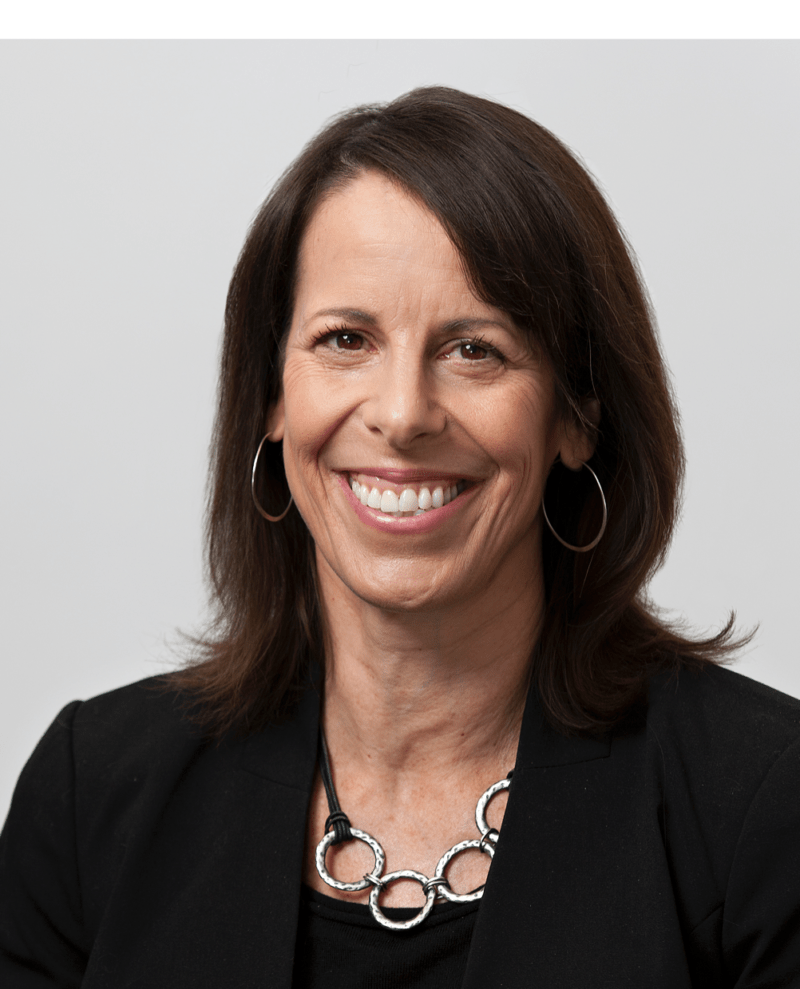.jpg)
If you rely heavily on focus groups to conduct your research, you’re probably hesitant to experiment with online tools.
Having doubts is understandable. Maybe you're thinking...
“I’ll have to invest so much time learning new strategies and methodologies. Plus, how do you read body language online? I'm used to face-to-face. Isn’t this only for tech-savvy moderators? This isn’t worth it.”
But our partner Pam Mullock, of PM Market Research LLC, says when she decided to use an online community for the first time, she simply adjusted her mindset.
Instead of thinking that using this tool would be useless and a complete culture shock, she decided to recognize it as “a way to expand from online surveys and traditional methods.”
“It was a chance to get out of the box and try something different,” she says.
Here’s what Pam has to say about what to expect when transitioning from focus groups to online tools -- and really, why the two aren’t all that different.
1. The basic skills are the same. Your main responsibility as a moderator is to connect with others to elicit strong responses. Recognize that this responsibility doesn’t change -- no matter what platform you are using.
Just as in a focus group, you need to probe and prompt people to engage in an online community. It’s still up to you to create activities and meaningful exercises and deliver high quality results to your clients.
If you're a people person, don't worry. You won't have to sacrifice that "human element" when using an online community (find out why here).
2. Take advantage of the “private message.” Unlike focus groups, online communities make it easy to conduct research both in a group setting and on an individual basis simultaneously.
“In a focus group, you aren’t going to bring the discussion to a dead stop to ask a question to one person,” says Pam.
On the other hand, messaging someone privately allows you to follow up with a participant to ask additional questions.
3. Your thought process won’t change much. Pam says she creates a guide for a focus group discussion by listing questions in her mind.
For online research, Pam says, these questions don’t change.
“You still go through the same thought process about how deeply you want to follow up,” she adds.
However, the way you execute these questions in an online community may depend on the age and profession of your audience. Click here to find out more.
4. Showing and telling has never been easier. Pam mostly conducts qualitative research for fashion and apparel companies. She often asks participants of her focus group to bring photos of themselves in outfits so she can study them.
“This is a lot easier online,” she says. “People just open up their closets, throw pieces onto their bed, snap a photo and upload it to the group.”
This is simpler than going through the trouble to print out photos, she adds.
Overall, online communities can afford participants the time and ability to record and photograph how they use certain products in their natural environments.
This allows you to gather more detailed and accurate data.
Use this technique (and the rest of these) to really “wow” your clients.
5. Patience is key. Online communities require more patience than focus groups, says Pam. Moderators who consistently use focus groups are used to immediate reactions.
However, immediacy does not exist in online communities. Because people are not supposed to log in and respond every day, the time between asking the question and receiving an answer widens dramatically.
“I took me a while to get adjust to sitting and waiting,” Pam says.
6. There’s more organization involved. The moderator has to do a bit more organizing when using an online community.
For instance, it’s usually up to the moderator conducting the online community to see that gift card prizes are delivered to participants (although companies like Digsite may be able to handle that for you). And, you can definitely expect a lengthier reporting process (as you’ll be collecting much more information).
“This adds an extra layer of work,” says Pam.
7. At first, choose a basic platform with a strong support system. You’ll probably have a lot of questions at first. That’s why it’s important — nay, makes a world of difference — to choose a platform that includes a helpline and support system.
Additionally, choose an online community platform with basic features to avoid becoming distracted or overwhelmed by tons of fancy bells and whistles.
Once you are familiar with the online community methodology, then it’s time to explore platforms that integrate these shiny features.
Overall, Pam says her first experience was a good one. “I recommend others to at least try it if they’re on the fence,” she says.
Reflect on what’s holding you back. Then take Pam’s advice and take the plunge into the online research world. You’ll be glad you did.
See Digsite in action and discover how if it fits your needs-join us for an interactive demo webcast!



